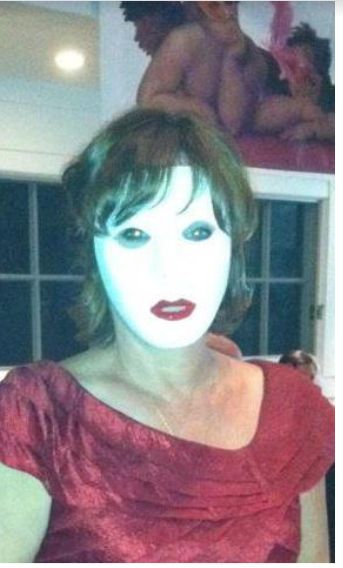 By guest blogger, Kathy Aspden, author of Baklava, Biscotti, and an Irishman. Kathy is in the process of wrapping up her second novel.
By guest blogger, Kathy Aspden, author of Baklava, Biscotti, and an Irishman. Kathy is in the process of wrapping up her second novel.
Early in my writing career, one of my favorite mentors dropped this pearl of wisdom: Flawed characters are more loveable.
I’m sure most writers (along with most people) already knew this. I didn’t. I was always trying to give my protagonist superhuman qualities, such as perfect motives or having a righteous cause on his or her side. The concept of a person selfishly wanting their own way simply because it’s what they wanted seemed almost evil.
What a boat I was missing! This one gift of advice changed my life completely. It was a revelation. We don’t love people because they are perfect; we love them because we love them.
It opened a whole new world to me, both in my writing and in my life. I suddenly couldn’t wait to create the next flawed character; the trick being to infuse complicated, negative traits that also generated love, sympathy, and relatable feelings. My kind of puzzle.
I began writing about characters who did horrible things and were still worthy of love. I watched them suffer the anguish of their sins, further ruining their lives when they couldn’t make peace with themselves. I fabricated players willing to overlook the craziest of transgressions for the sake of love; or to reconcile their own unforgivable pasts. I wrote my way into the epiphany that the early life of a parent, even when well hidden, factors into the future misery of a child.
With every story I learned more about myself. I had been living a half-life, trying to hide, dismiss or spin my shortcomings into the image of perfection. It was exhausting—and unnecessary.
I realized even my opinions hadn’t been bendable. If I stated a belief or truism, fourteen years ago, it was written in indelible ink—leaving me no emotional ability to say, “I’ve changed my mind!” I was being held hostage by my own beliefs to opinions and ideas that no longer served me.
My life was a two-dimensional picture and I had no idea how to get to the depth of it without taking something back—saying I was wrong, admitting I was imperfect.
Five screenplays, two novels, countless blogs and short stories later, I’m happy to say that perfect ship has sailed. Writing about the lives of others has put my own life into perspective. I have a more genuine relationship with my children—who know beyond a shadow of a doubt I’m not perfect. My mother and I have never been closer. I laugh with my husband about the mistakes we’ve made (relationship, child rearing, financial), experiencing little to no shame. And I have to admit my siblings are relieved to have witnessed my swan-dive off the pedestal of perfection. In truth it was more of a belly flop. I’ve never been happier.
Am I a mess? For sure. Does being a mess help my writing? You bet! It’s a two-way street. My characters are now as fond of meas I am of them. We share a newfound love of deeply flawed people and we wouldn’t have it any other way.
